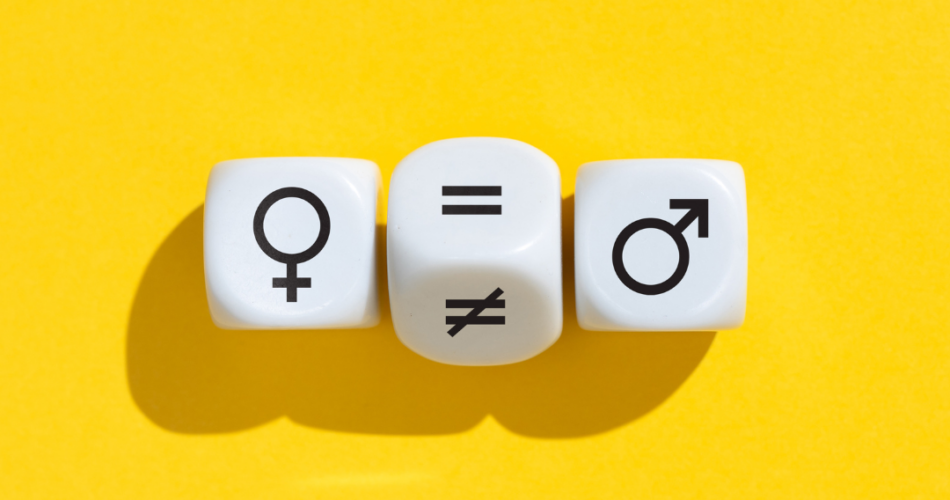Whether transwomen should be treated as biological women is a question that has been circulating in cyberspace for quite some time now.

Imane Khelif
These debates gained traction mostly after Imane Khelif, an Algerian professional boxer, won a gold medal in the Women’s 66kg Boxing Event at the 2024 Summer Olympics in Paris.
Many celebrities, like J.K. Rowling and Elon Musk, posted on social media criticizing these Olympic results, arguing that Imane Khelif should not have been allowed to participate in the women’s category.
Aggrieved by this, Imane Khelif filed a lawsuit claiming online harassment against J.K. Rowling, Elon Musk, and many others, alleging that such comments aggravated cyber-bullying against her.
My own view is that the categories of “women” or “men” in any sport or event should remain untouched, and persons belonging to any other category ought not to be allowed to participate in such a sport or event.
However, the real question here is: who is or is not a “man” or a “woman”? There are many definitions that people adopt here, but in the end, there is no consensus on the same.
Ultimately, the only plausible view that could be taken here is that such questions should be left to the good wisdom of the organizers of a particular sport or event and the regulatory bodies involved therein.
Also, this is quite a divisive issue, and there is a lot of trolling going on in social media relating to LGBTQIA+ rights (I do not exactly know what it is) and whether transwomen are biological women.
Grok on Gender v. Sex
The whole problem starts with “sex” and “gender” and the distinction between the two. Semantics play a heavy role here. There are many confusing definitions of “sex” and “gender.” I asked Grok about it. After thinking for 46 seconds, Grok defines them as follows: –

So, Grok differentiates between “sex” and “gender” on a biological and social basis. Fair enough. It also says that gender connotes an individual’s personal sense of their own gender.
So, if I am a male and, starting today, I call myself a “female,” would that change my gender? I don’t know. It sounds both hilarious and scary at the same time.
The point is that such distinctions relating to a person’s identity may be helpful on a personal level, but for legal purposes, I do not think such distinctions are helpful. It is ultimately the legal definition prevalent in a particular jurisdiction that settles the affairs, and no matter how much we juggle with the words, it is hardly going to have any impact in front of the courts or legal authorities adjudicating such issues.
I will conclude by saying that there are some issues that are very important for us as a civilization and some that are not. My own take is that the distinction between “sex” and “gender” has very limited significance on a civilizational level, and such questions should best be left to personal wisdom and taste. However, when a dispute arises regarding the same, the courts will ultimately have the final word on a case-by-case basis.

